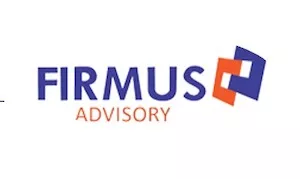On the 19th of October, 2022 President Muhammudu Buhari signed the Nigerian Startup bill into law to be known as the Nigerian Startup Act 2022. The purpose of this law is to create a legal framework for the development of startups, develop and grow technology-related talents and ultimately position the Nigerian startup ecosystem as the leading digital technology centre in Africa.
The body responsible for administering the provisions of this law is the National Council for Digital Innovation and Entrepreneurship (referred to as "the Council"). The National Information Technology Development Agency shall serve as the Secretariat of the Council (referred to as "the Secretariat") and the Director-General of the National Information Technology Development Agency is the head of the agency. A couple of other administrative bodies are also provided which would be looked at in this article.
The coordinator shall be appointed by the secretariat with the approval of the council to maintain a register of labeled startups in Nigeria, keep relevant documents and records of labeled startups, implement the decisions of the Council on the labeling of a startup and perform other functions as may be necessary for the implementation of the Act.
According to the Act, a startup is a company that has been in existence for not more than 10 years with its objectives being the creation, innovation, production, development or adoption of a unique digital technology innovative product, service, or process.
Startup Labelling
This is the startup status given to companies that would benefit from the Nigerian Startup Act. Companies are issued this labeling through the issuance of a certificate by the secretariat. To be eligible for this startup labeling, the following are required from a startup:
- Be registered as a limited liability company or a sole proprietorship and be in existence for not more than 10 years from the date of incorporation
- Have objectives of innovation, development, production, improvement, and commercialisation of a digital technology innovative product or process
- Be a holder of a product or process of digital technology or the owner or author of a registered software
- Have at least one-third of local shareholding held by one or more Nigerian co-founders or co-founders of the startup
A holding company or subsidiary of an existing company that is not registered as a startup cannot be granted startup labeling. There is also the pre-label status which is for sole proprietorships or partnerships that have not complied with all the startup labeling requirements. This pre-label status is valid for 3 months and if not fully complied with during this timeframe, the pre-label status would be lost.
To view the article in full click here
The content of this article is intended to provide a general guide to the subject matter. Specialist advice should be sought about your specific circumstances.

